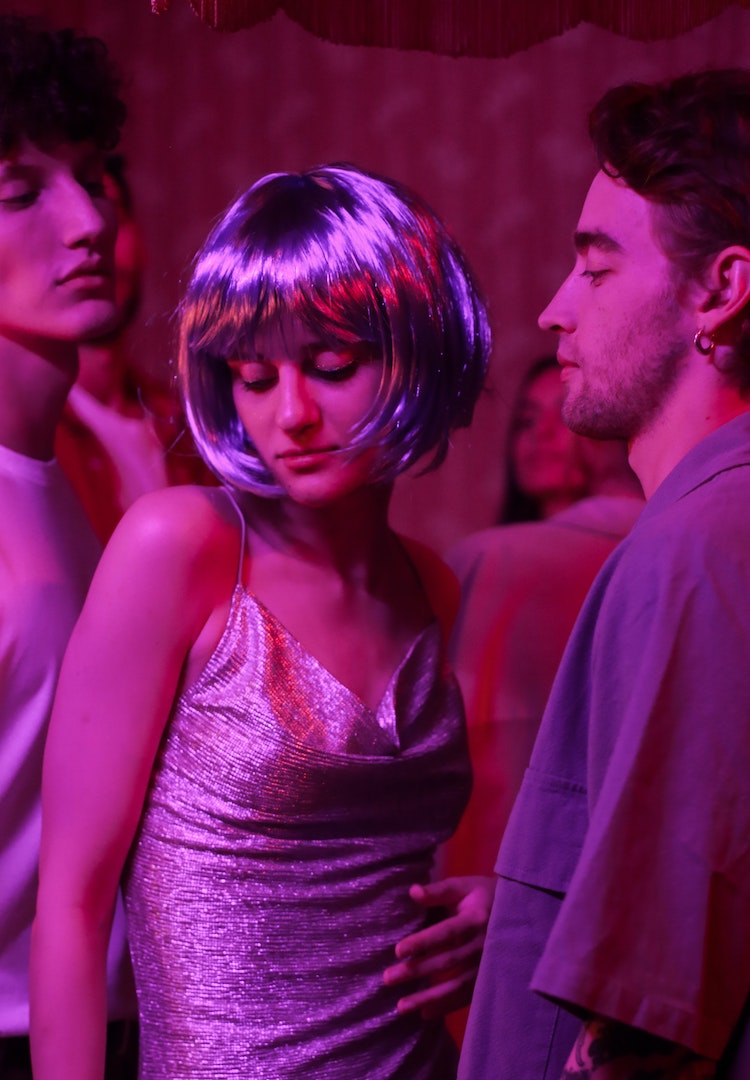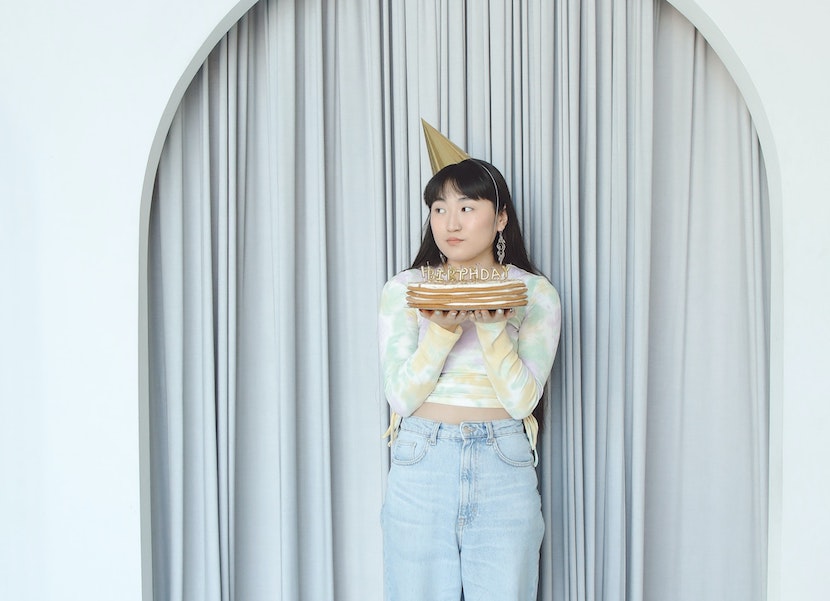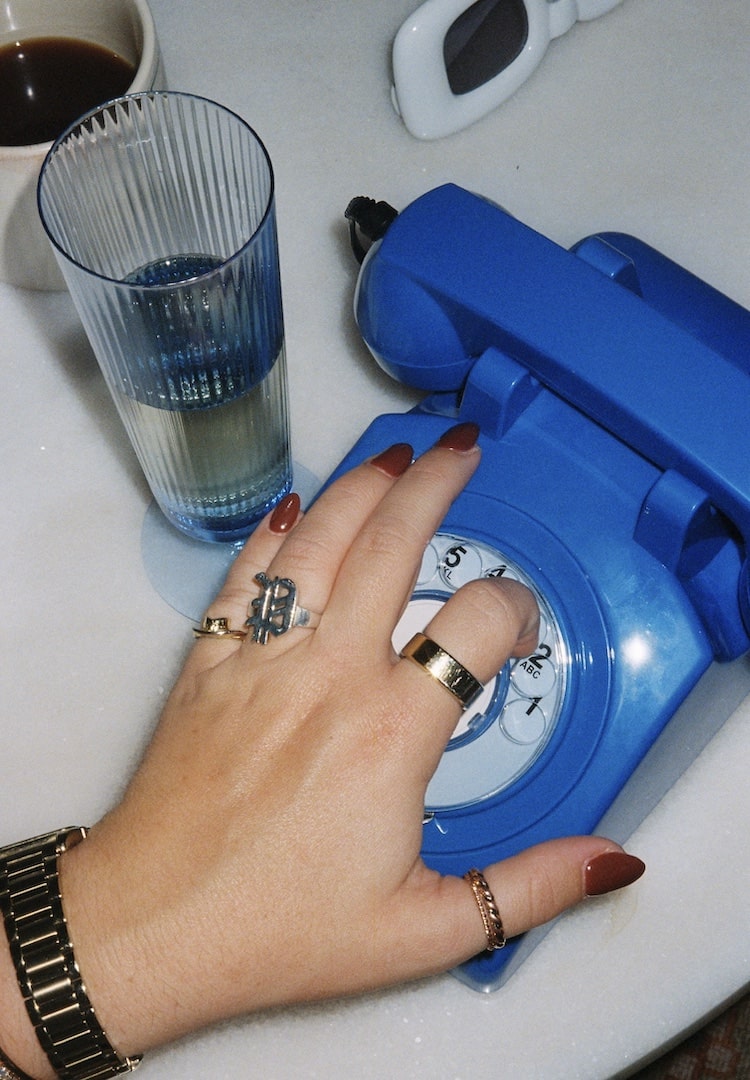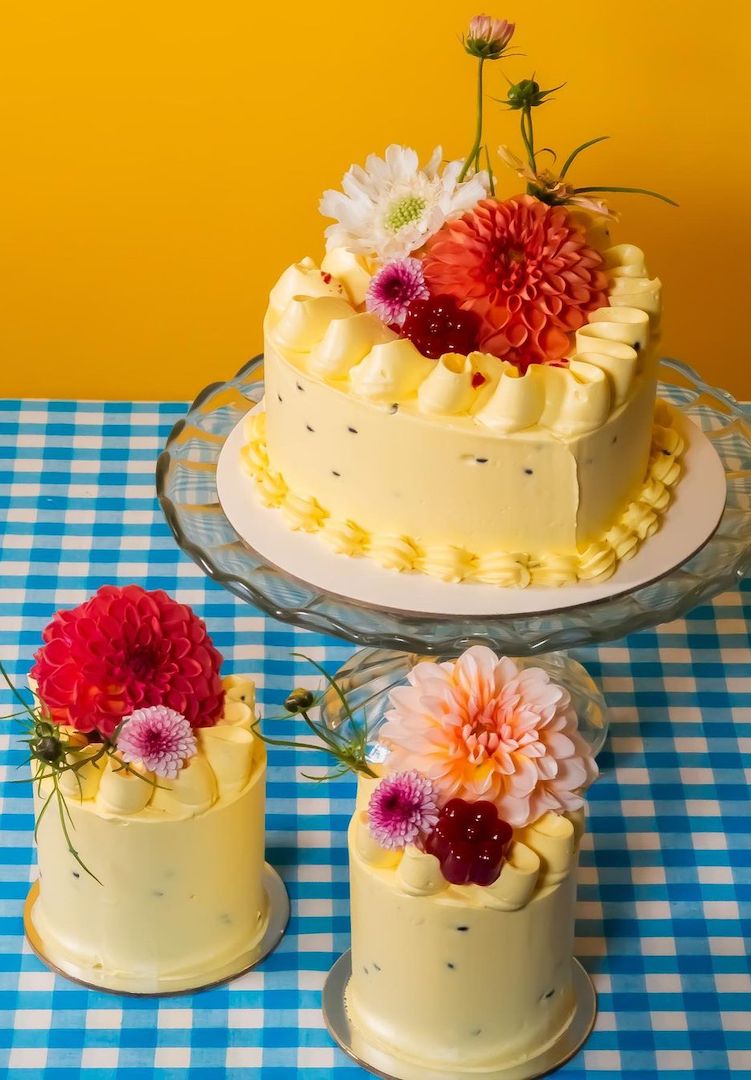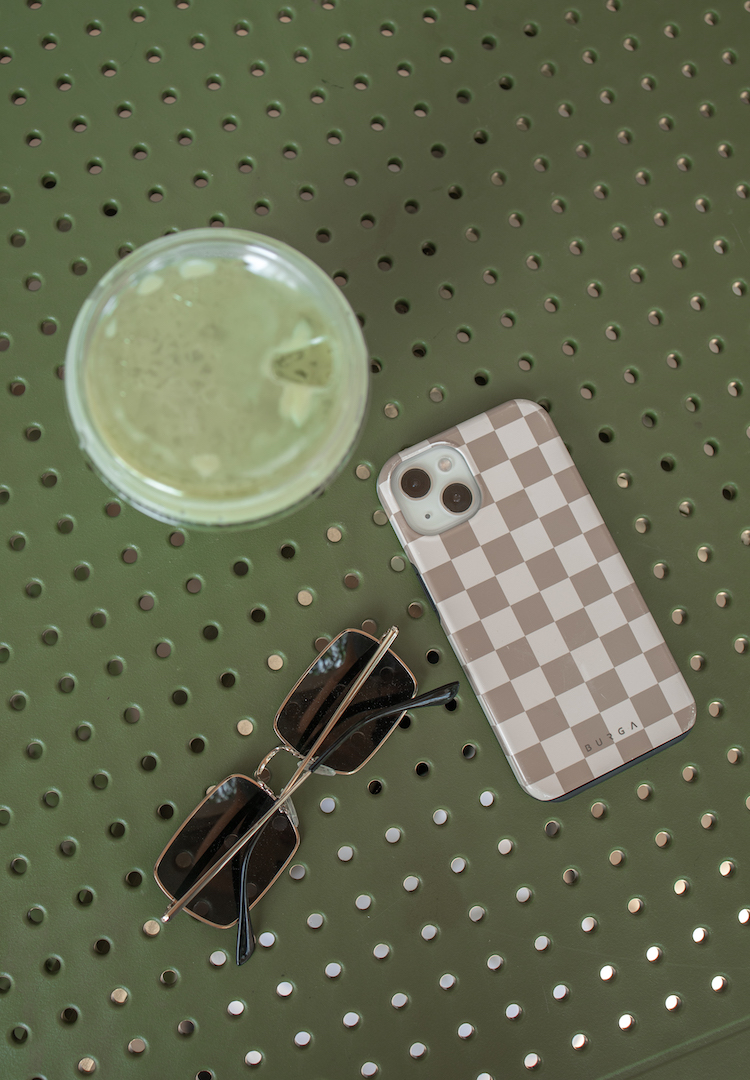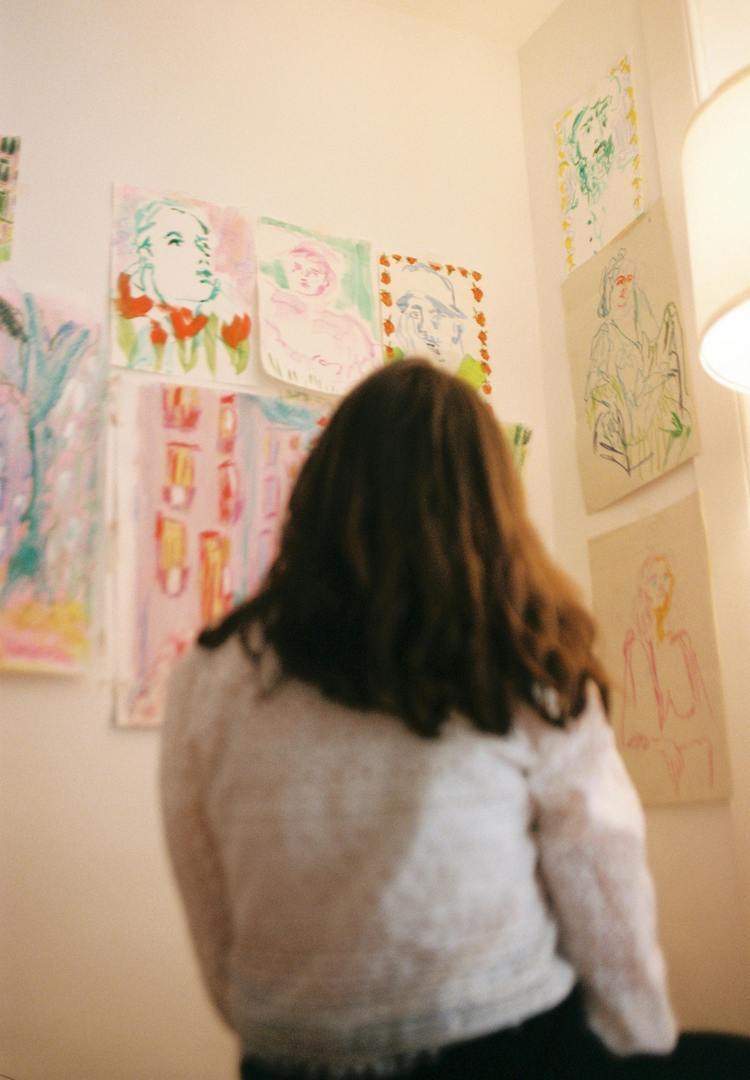Why do we feel sad on our birthdays?
WORDS By Nikki Thorburn
“Twenty years ago no one would have known how many birthday cards you received, but now it’s easy to see who’s posted an Instagram story about someone’s birthday.”
If you’re anything like me, you secretly dread your birthday. Maybe you’re an introvert and just can’t stand the thought of your entire workplace singing a monotone ‘Happy birthday’ to you as you cower away at your desk, hating every minute of it.
Perhaps you just fear that yearly reminder of the passing of time and the goals you haven’t achieved yet. Possibly your best friend forgot to declare their undying love for you on an Instagram Story last birthday and now you’re forever scarred by that niggling feeling of rejection. Whatever it is, however melodramatic or mundane, you’re definitely not alone.
For more thought-provoking content, tap through to our Life section.
In fact, psychologist Emma St John from Mind Matters Psychology says that feeling sad on our birthdays is a very common phenomenon, especially when people pass their mid-twenties. It’s often at this point when “societal expectations and self-imposed pressures of what a birthday could be or should start to really kick in” she says, and there’s added pressure surrounding what we should have completed in a year.
Just like New Year’s Eve, it’s common for people to experience depressive feelings and anxiety. Birthdays are a highly individualised marker that time is passing and, in our goal-orientated culture, Emma tells me feelings of disappointment or regret can come up if we haven’t achieved those goals we have set for ourselves. The pressure to achieve certain things by a certain age can trigger anxiety and stress on our birthdays, as we feel pressured into reaching these goals by the next time our birthday rolls around.
Whether it’s reaching a certain career goal, finding a romantic relationship, breaking off a romantic relationship, travelling or starting a family, it’s impossible to escape the pressure. Another reason for the birthday blues may be because we’re grieving a loved one. Emma tells me that any kind of milestone – whether it’s anniversaries, Christmas or birthdays – can be particularly hard for people who are mourning those loved ones they’ve lost.
So, our first birthday after a parent or partner or friend passes away can be really difficult because we’re reminded of moments of celebration with that person. It’s normal to particularly miss those people who are no longer in our lives on those key days. The birthday blues can also be attributed to expectations surrounding relationships in our life. It’s common, Emma tells me, to have feelings of sadness and loneliness on our birthdays when we don’t feel like we’re surrounded by people giving us attention and showing us how much they care.
She says it may bring up feelings of not having what we need in terms of good relationships and a community around us. With the advent of modern technology and social media, birthdays have also become a public way of getting validation from friends. Twenty years ago no one would have known how many birthday cards you received, but now it’s easy to see who’s posted an Instagram story about someone’s birthday.
This, Emma tells me, has become a visible marker that someone is loved and appreciated. If we’re using that as the sole marker of whether we’re in good relationships, it can most definitely trigger feelings of low self-esteem or rejection.
So, what can we do to deal with feelings of sadness or anxiety on our birthdays?
Firstly, Emma notes that when we’re comparing ourselves to an expectation, it’s very tempting to focus on all the ways we haven’t met that expectation. She tells me it’s important when we’re taking this moment of reflection on our birthdays to consciously try and cultivate a positive mindset about all the things that we have achieved and what we’ve learnt about ourselves and the world around us.
Celebrating the seemingly smaller achievements is important – perhaps you learnt how to practise self-love or took your first solo road trip up the coast or succeeded in keeping your house plants alive this year. Whatever it is, however small and seemingly mundane, these are moments worth celebrating.
Secondly, Emma says it’s imperative to think about what’s important for you on your birthday. There are no societally dictated rules around what you have to do to celebrate. Instead, think about what makes you feel good. It doesn’t have to be a big lunch or party – it could be celebrating with a couple of people that you love or even celebrating by yourself.
Perhaps it’s watching your favourite film or taking yourself on a walk in nature. Instead of focusing on expectations, make the day about bringing yourself moments of enjoyment. If our birthday blues do stick around long after our birthday has passed, Emma emphasises the importance of talking to someone about it, whether that be a friend or therapist.
It could be a useful indicator there’s something else going on that may need working through. Emma tells me therapy can be a great way to figure out what kinds of goals you feel you’re not meeting in your life and can help you to remove any obstacles preventing you from living a full and embodied life.
It’s normal to feel low every now and then, especially on these milestone days, however, if it’s sticking around for two weeks or more, these emotions can be useful flags that there’s something bigger going on that may need to be addressed.
If you or someone you know is struggling with their mental health, you can contact Lifeline on 13 11 14.

